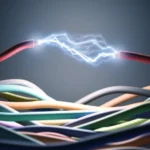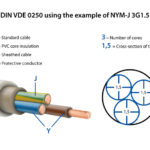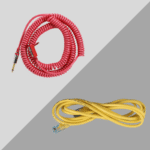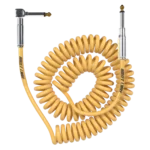Jumper cables smoke because they're either handling an excessive current or the connections are bad, leading to overheating. This can occur due to a few reasons: connecting the cables backward, a short circuit in the dead battery, or a major short to ground in the car's electrical system.
If you’ve connected your car battery and suddenly see smoke coming from your jumper cables, you may be alarmed—and rightly so. Why are my jumper cables smoking? This is a critical warning sign that something has gone wrong in the jump-starting process. In this article, we’ll explain the most common reasons jumper cables start smoking, what to do immediately, and how to prevent serious damage or injury.
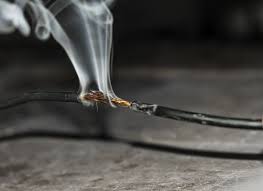
why are my jumper cables smoking
Is It Dangerous if Jumper Cables Are Smoking?
Yes, absolutely. Smoking jumper cables are a sign of excessive heat, poor connection, or even a short circuit. Ignoring this can lead to melted wires, battery damage, fire, or personal injury.
If your jumper cables are smoking:
👉 Stop and disconnect immediately—but carefully, as the cables may be hot.
👉 Do not try to continue the jump-start process until the cause is identified.
Why Are My Jumper Cables Smoking?
1. Loose or Poor Connection
One of the most common causes of smoking jumper cables is a loose clamp or corroded battery terminal. These create high electrical resistance, which leads to intense heat and smoke.
What to do:
Ensure all clamps are firmly attached to clean metal.
If terminals are corroded, clean them before connecting.
2. Incorrect Cable Polarity (Reverse Connection)
If you accidentally connect the positive cable to the negative terminal, or vice versa, it creates a short circuit. This causes rapid heating and smoking—and can seriously damage the vehicle's electrical system.
Signs of reversed polarity:
Immediate sparks or smoke after connection
Humming or buzzing sounds from the battery
Fuses blowing or lights flickering
What to do:
Immediately disconnect the cables.
Double-check polarity: Red = +, Black = –.
3. Cheap or Undersized Jumper Cables
Thin, low-quality cables (usually higher than 6-gauge) cannot carry the amount of current needed, especially for trucks or larger engines. If pushed too hard, they will overheat and begin to smoke.
What to do:
Invest in heavy-duty jumper cables, ideally 4-gauge or thicker.
Avoid store-brand or no-name cables with poor insulation.
4. Prolonged Cranking
Trying to start a dead battery for too long (more than 10 seconds) pushes high current through the cables continuously, building up heat and potentially causing smoke or melting.
What to do:
Crank in short bursts, and wait 30–60 seconds between attempts.
5. Damaged Jumper Cables
Cables with worn insulation, exposed wires, or internal breaks can arc or short when under load, producing smoke or sparks.
What to do:
Visually inspect cables before each use.
Replace old or damaged cables immediately.
What Should I Do If My Jumper Cables Are Smoking?
Turn off the vehicle(s) involved.
Carefully disconnect the cables, starting with the negative (black) clamp.
Allow the cables to cool down.
Inspect for damage, such as melted insulation or exposed copper.
Do not reuse the cables until they’ve been checked or replaced.
Check both batteries—especially the one being jumped—for signs of failure or swelling.
How to Prevent Smoking Jumper Cables
✅ Use high-quality cables (4-gauge or thicker)
✅ Connect clamps properly—clean metal, tight fit
✅ Double-check polarity every time
✅ Avoid over-cranking the engine
✅ Inspect cables regularly for wear or corrosion
Conclusion: Why Are My Jumper Cables Smoking?
To recap, jumper cables smoke when they’re exposed to too much resistance or current, usually due to loose connections, reverse polarity, or low-quality cables. This is a serious red flag that requires immediate action.
If you're ever in the situation wondering “why are my jumper cables smoking?”, remember:
🔥 Smoke means STOP. Disconnect first, diagnose second.
Stay safe, invest in quality equipment, and always follow proper jump-starting procedures.
Related Questions
Q: Can smoking cables damage my car battery?
Yes. Smoking usually indicates high heat or a short, which can cause battery damage or even a fire.
Q: Are jumper cables supposed to spark?
A small spark when connecting is normal. Heavy sparking or smoke is not.
Q: Should I replace cables after they smoke?
Yes. If your cables smoked, the insulation and conductors may be compromised—even if they look fine.
Don’t let a simple mistake lead to a serious accident. Now that you understand why jumper cables smoke, you can avoid costly damage—and jump-start your car safely.

